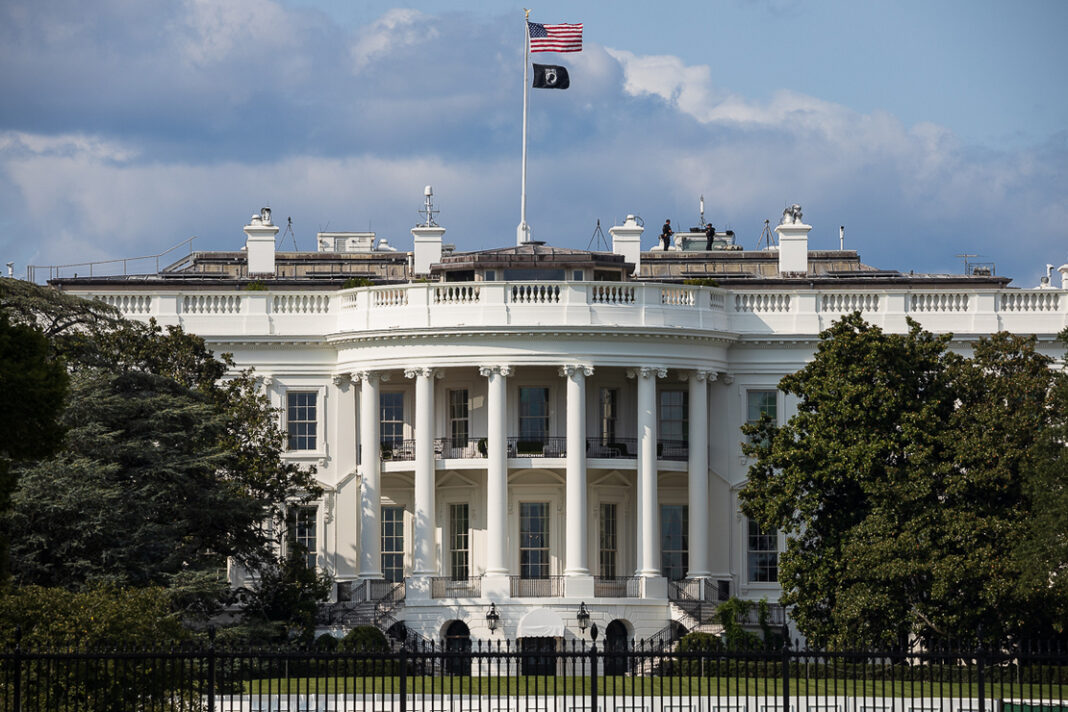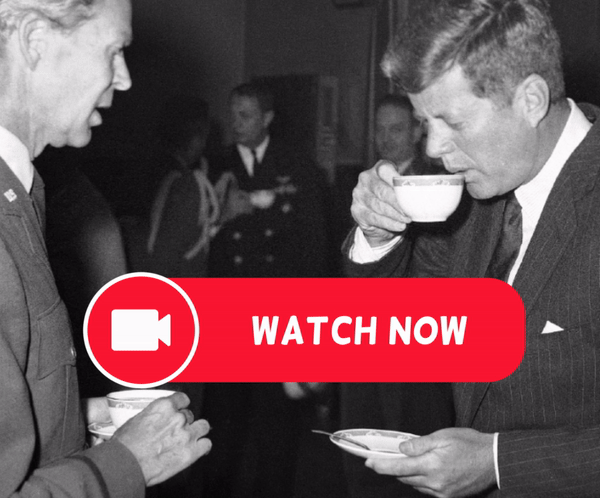In the wake of the Soviet Union’s dissolution in 1989, U.S. political dynamics underwent a significant transformation, a shift evident in the ensuing partisanship that engulfed the confirmation of Supreme Court Justice Clarence Thomas in 1991. With the Cold War’s bipolar conflict no longer dictating political agenda, Thomas, a black conservative nominated by President George H.W. Bush, found himself at the heart of an ideological storm, stirred not by his competencies but by the perceived deviation from expected progressive alignment.
His contentious confirmation hearings, marked by the testimony of Anita Hill and the ensuing “I believe you, Anita” campaign, signaled a shift in American politics. The absence of a monolithic adversary like communism led to an inward focus, where politicians trained their ire on their domestic opponents rather than external threats. Consequently, the political stage saw an influx of less experienced actors, and the quality of discourse dipped.
This was discernible during the initial chaotic days of the Clinton administration, prompting veteran journalist Helen Thomas to openly criticize the administration’s trajectory. The Clintons responded with a strategic move, bringing in David Gergen, known as “Rodham”, to streamline their message and mitigate the fallout.
Historically, the concentration of executive power in the U.S. was largely with state governors until the Civil War era. This balance shifted as the federal government gained power, a trend that continued, reaching a peak with Franklin D. Roosevelt’s establishment of numerous federal agencies during the Great Depression. The creation of these bodies not only addressed the pressing issue of unemployment but also marked a significant shift towards centralization.
In more contemporary times, the Obama administration marked a significant turning point, prioritizing ideology over practical management. This change was evident in the administration’s approach to policy, favoring representation of various marginalized groups over efficacy. Trump’s tenure, in contrast, was largely a reaction to this shift, challenging the entrenched bureaucrats, or “Obamanoids”.
This ideological undercurrent might not be the result of Obama’s policies, but rather a symptom of broader sociopolitical trends. Figures like Bernie Sanders and Elizabeth Warren, albeit often parodied, reinforce this viewpoint.
The current Biden administration, however, appears to be a product of invisible string-pullers. Policies such as banning gas stoves and internal combustion engines, taxing unrealized capital gains, or prioritizing intersectionality over merit in appointee selection, suggest a puppeteer-like influence. The opposition, labeled as “whistle-blowers”, has been causing ripples in the political landscape and media ecosystem.
Biden’s precarious re-election campaign and declining popularity, coupled with mounting allegations against his son Hunter, seem to be fueling political unrest. If the administration collapses too soon, it might provide an opportunity for the Democrats to implement damage control and introduce a new candidate. Conversely, a drawn-out crisis could be detrimental to the party’s prospects.
The decision for Biden to run again may have been influenced by a desire to avoid being perceived as a lame duck ahead of the debt limit standoff with Congress. However, the question arises whether this gamble was worth the potential fallout.
Drastic policy changes are not unprecedented in American history. The 1919 prohibition amendment, banning alcoholic beverages, had far-reaching implications, not least of which was the crime wave that ensued. The amendment, linked to women’s suffrage and income tax, given the revenue previously derived from alcohol tax, dominated the 1932 presidential election before its repeal in 1933. As history shows, politics is a complex game of power and perception, where timing and ideology often dictate the outcome.





